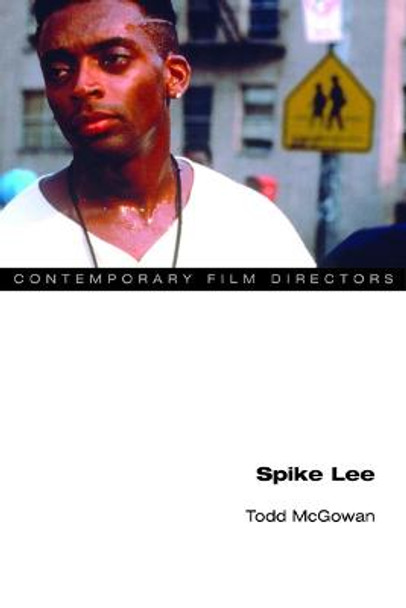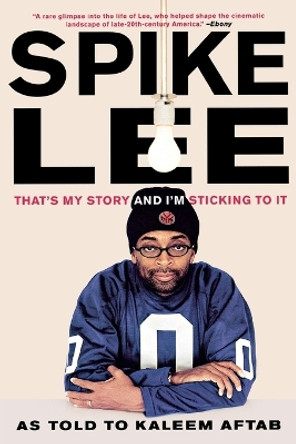Description
Since the release of Do the Right Thing in 1989, Spike Lee has established himself as a cinematic icon. Lee's mostly independent films garner popular audiences while at the same time engaging in substantial political and social commentary. He is arguably the most accomplished African American filmmaker in cinematic history, and his breakthrough paved the way for the success of many other African Americans in film.
In this first single-author scholarly examination of Spike Lee's oeuvre, Todd McGowan shows how Lee's films, from She's Gotta Have It through Red Hook Summer, address crucial social issues such as racism, paranoia, and economic exploitation in a formally inventive manner. McGowan argues that Lee uses excess in his films to intervene in issues of philosophy, politics, and art. McGowan contends that it is impossible to watch a Spike Lee film in the way that one watches a typical Hollywood film. By forcing observers to recognize their unconscious enjoyment of violence, paranoia, racism, sexism, and oppression, Lee's films prod spectators to see differently and to confront their own excess. In the process, his films reveal what is at stake in desire, interpersonal relations, work, and artistic creation itself.
The filmmaker's style of excess, as revealed through an examination of the history and art of his films
About the Author
Todd McGowan is associate professor of English at the University of Vermont and author of Out of Time: The Ethics of Atemporal Cinema.
Reviews
"This collection brings valuable attention to the largely overlooked experiences of Asian Americans in the southern US. . . . An important contribution to Asian American studies. Essential."--Choice
"In this invaluable study, Todd McGowan describes Spike Lee as a political theorist whose films always go 'too far.' In this way Lee vividly illustrates how we are defined as human subjects by what 'exceeds' us: the disturbing and often unconscious passions that break out in sexuality, violence, and the racism we disclaim. According to McGowan, far from considering this excess of being from a moralistic perspective, Lee uses each of his films to explore both its deadly consequences and its ambiguous role in driving the passions bound up in thought, emotion, and behavior. This book brings the kind of philosophical focus to Lee's work that has long been needed, without sacrificing close attention to the aesthetic elements and historical contexts of the films."
--Susan White, Associate Professor of Film and Literature, University of Arizona
"McGowan's decision to ignore the specificity of Lee's life and engage a rather theoretical, straightforwardly auteurist reading of Lee's oeuvre yields specific, fascinating readings of individual films."--Slant Magazine
"Several of the films produced by 40 Acres and a Mule Filmworks and directed by the prominent director Spike Lee are intricately analysed by Todd McGowan with poise, eloquence, and succinctness ending in a brilliant diegesis. From the start the author formulates for the reader the profound value the concept excess holds in crucially interpreting Spike Lee as not only an iconic political filmmaker but an artist committed to using excess as a unique peculiarity throughout his film repertoire."--Ethnic and Racial Studies
"A solid look at director Spike Lee's often controversial and always to-the-point films. . . . A well-thought-out assessment."--Library Journal
"Spike Lee is an enlightening take on the numerous ways excess plays a significant role in the films of Spike Lee and serves as an alternative look into a complex filmmaker."--Film Matters
Book Information
ISBN 9780252079610
Author Todd McGowan
Format Paperback
Page Count 184
Imprint University of Illinois Press
Publisher University of Illinois Press
Series Contemporary Film Directors
Dimensions(mm) 210mm * 140mm * 15mm
Details
Series: |
Contemporary Film Directors |
Imprint: |
University of Illinois Press |










